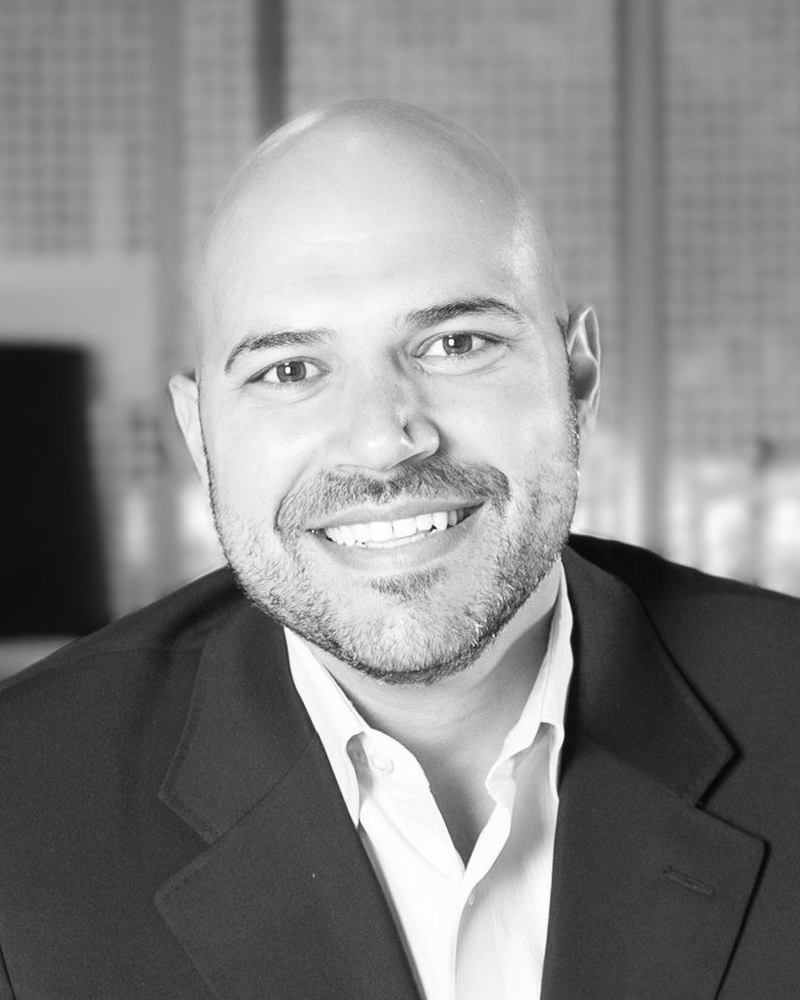As you set your sights on next year, now is the time to plan for high impact conversations you should target in the coming months.
Let me add one more category to your planning list. Trust me, it’s an important one.
As you set your sights on next year, now is the time to plan for high impact conversations you should target in the coming months. Here are some categories in which most high-impact conversations at work usually fall:
- What your organization is doing (Strategy)
- How people at your organization are treating each other (Culture, Policies & Behaviors); and
- How you advocate for yourself through it all (Self-Advocacy)
To plan for these high-impact conversations, here are some helpful tips for each category.
Strategy: What your organization is doing
We’ve all heard things like “no idea is a bad idea” and “the best ideas come from all levels of the organization.” Take this to heart. What are some ways you could make an impact within your company or business unit? (e.g., new ideas; addressing a common concern; delivering bad news). Imagine yourself starting a conversation with the CEO of your company. How would you phrase the question? How important is it that you be the one to take it on? What’s at stake? Importantly, what venues would be most appropriate for you to start a conversation? If you determine you want to wade into these matters, then it’s time to make a plan for that staff meeting, townhall, or important lunch meeting with a leader.
Culture, Policies & Behaviors: How are people at your organization treating each other
Of course, your comfort in doing this depends a lot on the culture your organization fosters, and this can be a tricky area to tackle with candor. Many organizations and teams say all the right things in published documents, but contradict themselves in practice. Are there times when you see the practices or behaviors of your team or organization consistently fly in the face of stated values? If so, decide if you are in a position to raise these issues with your direct manager, other leaders, or by leveraging other company resources and processes. Do others on your team feel the same way? Build a community of allies. Be specific and clear—write it down then consider sharing your thoughts in writing, using 1:1 meetings with your manager, or advancing your thoughts through other sanctioned company channels.
Self-Advocacy: How you advocate for yourself through it all
Importantly, don’t miss an opportunity to advocate for yourself. Consider preparing differently in the coming year for routine checkpoints with your manager or teammates. Are there obstacles that need to be removed in your day-to-day work? Are expectations changing and goal posts moving without a change in resources or reward for you? Do you have a clear development and career path? You don’t have to wait for your mid-year check-in or end-of-year performance discussion to have these conversations. Define your desired state and have a plan for a series of conversations YOU will drive next year. If you don’t have routine checkpoints with your manager then make a plan to make them happen.
Having a plan helps drive action and change. While some people have the gift for gab, others of us require a more intentionally planned approach. While there are certainly situations that create impromptu high-impact conversations, there are also opportunities to create moments to initiate and drive high-impact conversations.
What did I miss? Are there other strategies and tactics you have found helpful in preparing for high-impact conversations at your organization? Share what has worked for you here. Let’s get some conversations going.
If you’re interested in learning how a coaching engagement can help you plan for these conversations, we would love to hear from you. Click here to start a conversation. Best wishes for continued success in the new year!

Joel Farran, MS
Senior Strategy, Communications, Health Care, and Community Investment Advisor
Are You Leading For Peak Performance?
Take this short assessment to gain insights on the kind of culture you’re fostering, how your leadership is impacting your team’s performance, and if you’re creating a great place to work.
Are you interested in learning how to lead your business through positive change? Click here to schedule an appointment.


